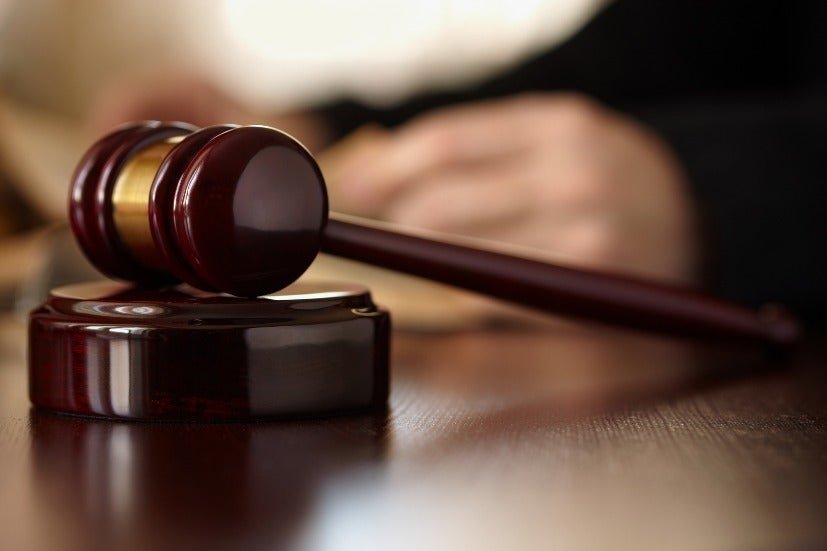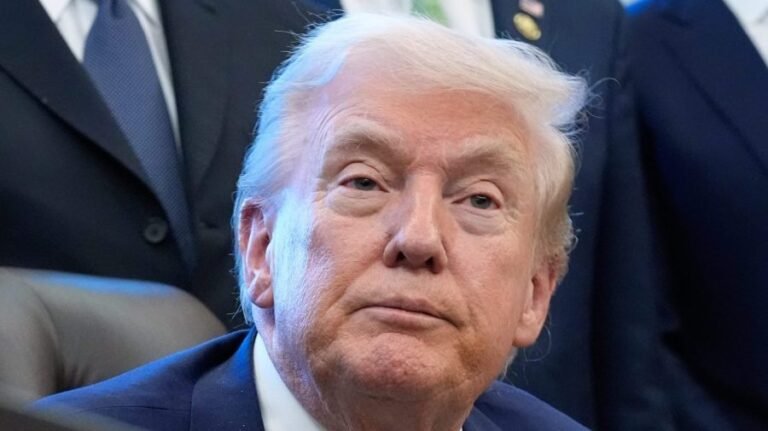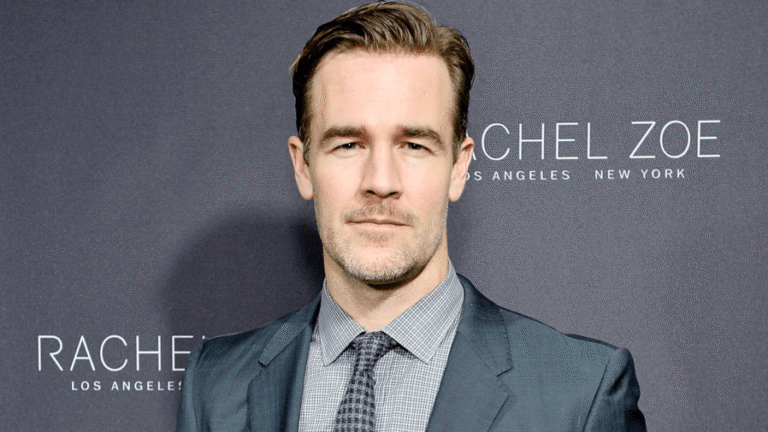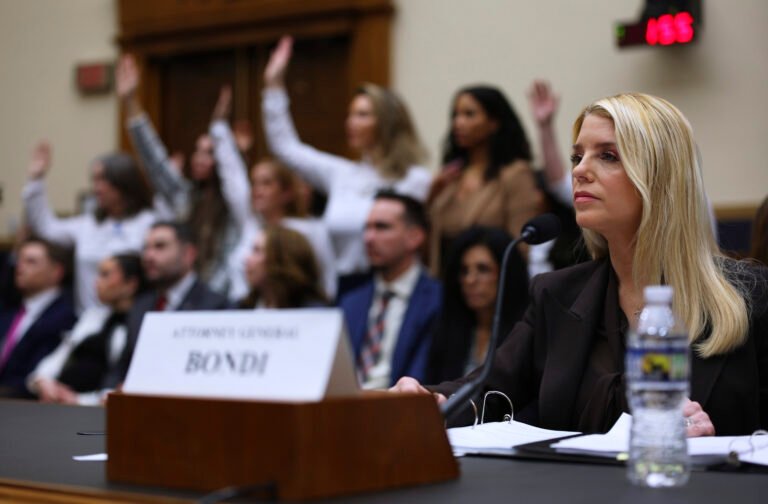
Some think Merrick Garland should have moved faster to prosecute everyone involved with the Capitol riot of Jan. 6, 2021. Others think the Biden Justice Department went too far. Opinions vary on prosecutorial judgment calls. Still, there are guardrails that government lawyers should never cross — even on a president’s instruction.
Recent actions from Edward R. Martin, Jr., the current interim U.S. Attorney for the District of Columbia, raise questions about when a federal prosecutor goes too far.
Martin’s behavior at the helm of the U.S. Attorney’s Office for the District of Columbia has already alarmed many lawyers. The Society for the Rule of Law wrote to Disciplinary Counsel for the D.C. Bar on Apr. 14,, 2025, asking the Bar to review his conduct for ethical discipline. Their letter highlights Martin’s statements suggesting “he was criminally investigating perceived political enemies of himself and the president,” and questions whether he gave legal advice to a Jan. 6 defendant while serving as the interim U.S. Attorney.
Martin has already added more fuel to the fire. That same day, he wrote to the editor-in-chief of CHEST Journal (the Journal of the American College of Chest Physicians) and to other medical journals with vague complaints and inquiries about misinformation and possible undisclosed advertisers or sponsors. It goes off the rails by asking, among other things, “Do you accept articles or essays from competing viewpoints?”
This is science we’re talking about. Even though some journals have made mistakes, responsible editors vet submissions and care about the integrity of their publications. Thus, Martin’s government office pretends to be investigating a problem that academic journals already address — and those journals are better positioned to vet the science than a prosecutor without a science background.
These letters, along with executive orders targeting law firms on the flimsiest national security pretexts, reveal a broader attack on dissent. Assume, for the sake of argument, that CHEST or the other journals targeted published some crackpot medical theories. Under what authority would the government intervene? The Commerce Clause? Is the new standard that everything must be published along with a competing viewpoint?
What troubles us is when lawyers of any administration, or of any private client for that matter, act without apparent hesitation to consider whether what the client asks of them is legally the right thing to do. In legal ethics, clients set the objective, and lawyers work within the law to achieve that objective. But there are limits on furthering a client’s objective.
Lawyers cannot counsel clients to do illegal things, for instance, and cannot assist clients with illegal actions. Lawyers are also encouraged to provide advice that’s not merely an interpretation of the law but also addresses “other considerations such as moral, economic, social and political factors, that may be relevant to the client’s situation.”
As Elihu Root famously said, according to Sol Linowitz, “About half the practice of a decent lawyer consists in telling would-be clients that they are damned fools and should stop.” We would have hoped that the government’s own lawyers would have told their client not to send these letters.
So why would Martin send these letters? If he was instructed to lean on groups that have been critical of the administration, that instruction appears to violate the First Amendment. If the president or the attorney general maintains an enemies list, the objective of “go after those enemies in every way possible” is not a permissible objective for a lawyer to pursue, in the same way that “pull every trick in the book in discovery” is not permissible.
And the Department of Justice knows this. It recently launched a working group to “identify instances where [government] conduct appears to have been designed to achieve political objectives or other improper aims rather than pursuing justice or legitimate governmental objectives.” If the Trump administration believes it would have been wrong for the Biden administration to abuse prosecutorial offices, how can it tolerate this behavior?
To be sure, it might seem easy for two tenured professors to say, “stand up to your boss,” because we enjoy incredible job security. We get that. But law is both a profession and a business. Lawyers must always remember one critical ethics rule: lawyers bear ethical responsibility for their choices.
Ultimately, enough is enough. Federal prosecutors should not use the power of the federal government to suppress views. And for the federal prosecutors who do so anyway, state bars have the right and the responsibility to investigate that behavior.
Benjamin P. Edwards is a professor of law at the William S. Boyd School of Law, University of Nevada, Las Vegas. Nancy B. Rapoport is Garman Turner Gordon Professor of Law at the William S. Boyd School of Law at UNLV, and an affiliate professor of business law and ethics in its Lee Business School. The authors write in their personal capacity and not on behalf of the University of Nevada, Las Vegas.






